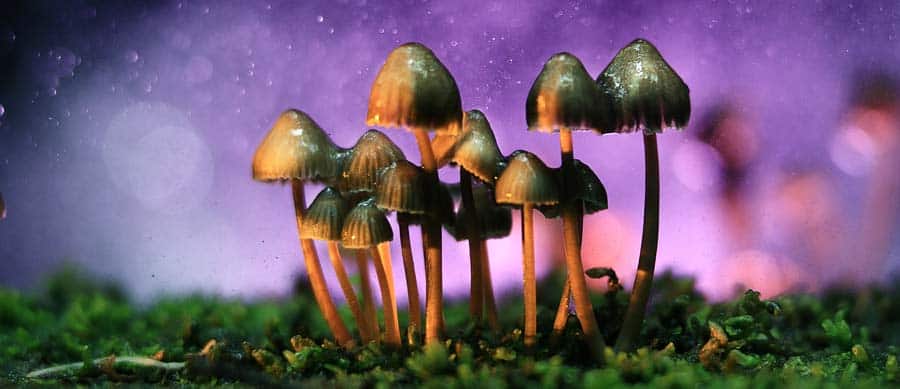Last Updated on September 29, 2025
Table of Contents
In a close vote, Denver became the first U.S. city to decriminalize psilocybin mushrooms, also known as magic mushrooms, psychedelic mushrooms, or simply “shrooms.” Although mushrooms are not legal in Denver, the ordinance prohibits the prosecution or arrest of adults over the age of 21 who possess them.1 The ordinance also allows adults to grow mushrooms for personal use.
According to reports from USA Today, the changes could go into effect as early as 2020 and an organized panel will be tasked with assessing the impact of psilocybin mushrooms on public safety, finances, and public health.2
Although local police in Denver will consider magic mushrooms very low priority, the DEA office in Denver will continue to prosecute cases of psilocybin possession and trafficking, as it is still a controlled substance under federal law.
Freedom Starts Here. Take Back Your Life Today.
Same-Day Admissions in Austin Available.
Decriminalization of Magic Mushrooms in Denver
What does it mean that Denver decriminalized magic mushrooms?
In May 2019, Denver voters passed Initiative 301, which made the use and possession of psilocybin mushrooms by adults 21 and over the lowest law enforcement priority. While it didn’t legalize mushrooms, it prohibits city resources from being used to penalize such activity.
Is psilocybin legal in Denver now?
No—it remains illegal under federal and state law. Decriminalization means Denver law enforcement is directed not to prioritize arrests for personal psilocybin possession by adults.
Has the law changed since Denver decriminalized mushrooms?
Yes. After Denver’s move in 2019, Colorado passed Proposition 122 in 2022, making the possession, cultivation, and sharing of certain psychedelics—including psilocybin, DMT, mescaline, ibogaine—legal statewide for adults 21 and older. It also established regulated “healing centers” for supervised use starting in 2024.
Did Denver repeal its decriminalization policy?
Denver’s City Council repealed the original decriminalization law in March 2025—this followed the statewide adoption of Prop 122. Since the state law now applies across Colorado, the city-level policy was no longer necessary. Content
Why did Denver decriminalize psilocybin in the first place?
Advocates argued that psilocybin offers potential mental health benefits—like relief for depression, anxiety, and PTSD—and that decriminalization would reduce stigma and encourage safer, therapeutic use.
What are Magic Mushrooms?
“Magic mushrooms” is a slang term for mushrooms that contain the psychoactive substance psilocybin, which causes auditory and visual hallucinations. Currently, magic mushrooms have no FDA-approved medical use in the U.S. and they are classified as a Schedule I drug.
There are about 40 different species of psychoactive mushrooms in the southwest American states and Mexico and they are widely abused for their psychedelic effects. Although magic mushrooms are not considered addictive, users can develop a tolerance very quickly and some users may develop cravings for them.
Although recreational use of magic mushrooms is risky and comes with a host of negative side effects like panic, confusion, and accidental injury, recent research studies show psilocybin might be an effective medical treatment for treatment-resistant depression.3,4
Researchers are also currently conducting clinical trials to determine whether psilocybin could be used to treat psychiatric conditions like drug and alcohol addiction, depression, and headaches.
So What’s the Big Deal?
Critics of the new ordinance in Denver say the decriminalization of magic mushrooms is just a small step away from widespread recreational abuse, which would have serious consequences. The Denver area has already seen some negative effects as a result of the recreational use of marijuana, including an increase in pot-related ER visits with users citing symptoms like uncontrollable vomiting, paranoia, and psychosis.5
If the public opinion of magic mushrooms continues to migrate toward recreational use, residents of the Denver area could suffer some additional negative consequences as a result. Regardless, Denver’s decision to decriminalize magic mushrooms is a clear indication that society’s perception of psychedelic drugs like magic mushrooms, LSD, marijuana, and mescaline has changed over the years.
Learn How to Deal with Addicted Friends who use magic mushrooms
